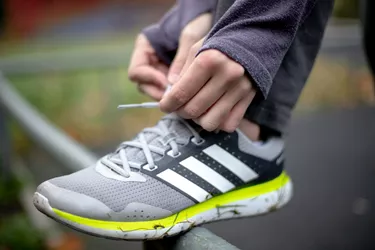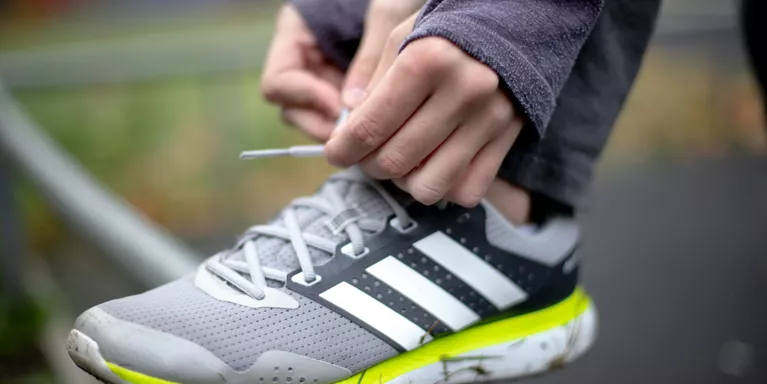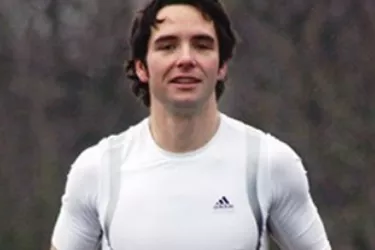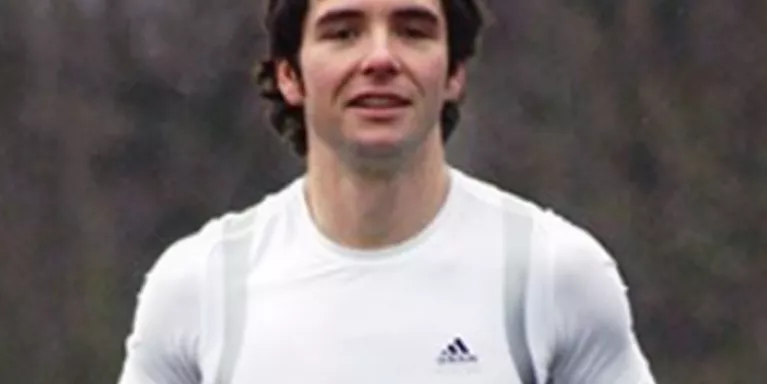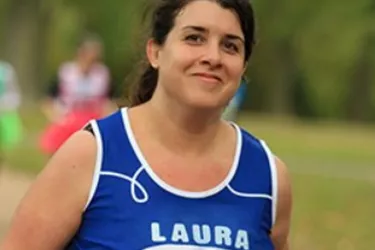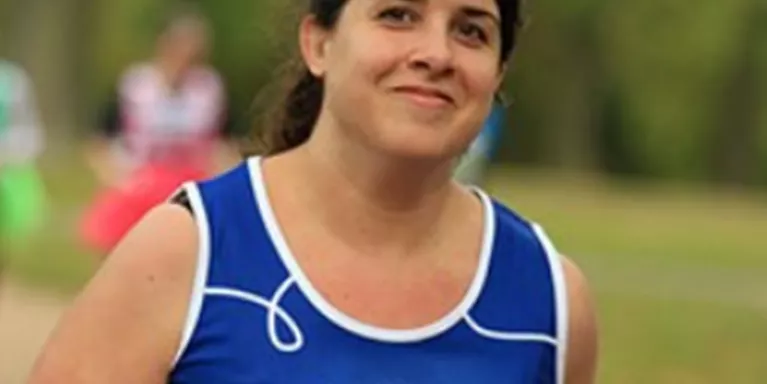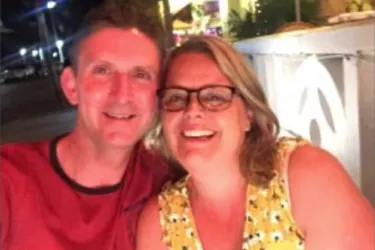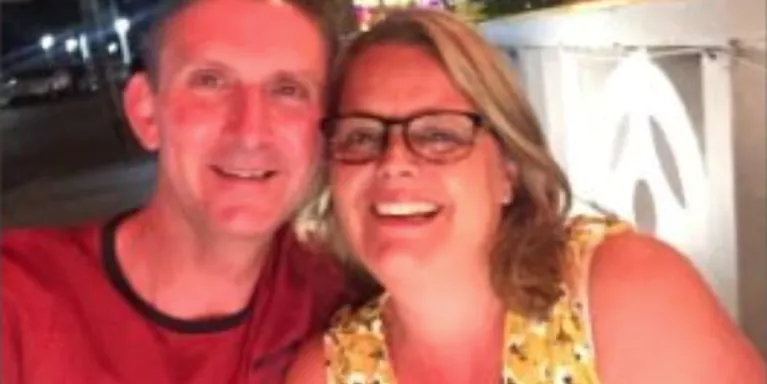My weightlifting became obsessive
This blog discusses eating disorders and covers elements of when physical activity can become unhealthy.
George blogs about his eating disorder and how his unhealthy relationship with exercise began to take over his life.
The GP smiled at me, flexed his arm at me and said “You don’t look like you’ve got an eating disorder”. We both laughed, and I agreed. But there’s the problem. I did have an eating disorder, even though I didn’t strive to be thin or avoid eating. Instead I lifted weights, in a desperate attempt to become more muscular. I now have a much better relationship with exercise and food, but I still see the disordered behaviours that took over my life every day on social media and in the gym.
When I was 13 I had a spine injury that required surgery and very little movement for the best part of a year. This meant I gained a significant amount of body weight and I became self-conscious of it. Nobody outright bullied me on my return to school, but 14-year-olds aren’t all that subtle when it comes to treating you differently because of the way you’ve changed.
“YouTubers told me that my ability to endure pain made me a 'man'. For a 14-year-old boy this was very much desirable.”
So I started exercising and watching what I ate; soon discovering fitness YouTubers and motivational speakers who told me that my ability to endure pain made me a “man”. For a 14-year-old boy who felt he had lost all his respect, this was very much desirable. So, I pushed more and more, through pain and discomfort. I skipped family gatherings, friends’ parties and schoolwork to train. I bought Tupperware boxes by the truck-load to bring all my prepared meals with me and took pride in turning down “normal people” food from people I saw as trying to slow me down.
Being praised
My friends started to pay more attention to me. They would joke about how awful I used to look. It felt great in one way. But underneath it all, it brewed a fear. I was getting all this respect for changing my body and if I stopped now, it would all disappear. I had got to the point where I was waking up earlier than anyone I knew (my age or older) to work out, I was going to the gym more than all my friends combined and I was eating a very small variety of different foods.
Cementing the respect
This fear led me to my next endeavour; how can I cement this respect and prove to everyone that I was a “man”? The world showed me the way – all the most respected and celebrated men had big arms, six-pack abs and veins running over every inch of their tanned body. So that’s where I turned. All my energy went towards bodybuilding. I did my best to learn as much as possible about nutrition and exercise (to the point where I went to Durham University to do a sport and exercise degree), and I watched and listened to bodybuilders discuss their endless techniques to maximise growth.
When you get into something like this, it quickly encompasses you. There’s been research looking at people with high drive for muscularity, which shows how people often attempt to find security in who they are through these behaviours. As a part of this, they often push away people from the “out group”, who provide opinions that disagree with the extreme practices and obsession. That’s exactly what happened with me. The bodybuilders speaking through my headphones would talk about how “people will tell you you’re crazy” but to remember that was just because “they are weak”. So I pushed others away and became more and more engrossed in “health and fitness” until there was nothing else of me.
“Now I can see that I had reached the physique that 14-year-old me had dreamed of, but it wasn’t enough.”
To cut a long story short, these behaviours ruined me. I thought I was just waiting for my physique to reach its peak, then everything would fall into place. One day I went on stage for a fashion show at my university – the underwear walk. I dieted and trained like I always did. When it got to the day before, I looked in the mirror and cried. Looking back now I can see that I had reached the physique that 14-year-old me had dreamed of, but it wasn’t enough. Because what I truly wanted wasn’t to look a certain way, but to feel like I was enough.
Doing much better
These days I am doing much better. I work through my company MyoMinds to design tools, carry out research and spread the message of my experiences to try to help others. I share these experiences through the MyoMinds Podcast with guests from many different fields.
Physical activity is great. We know that exercise and being mindful of what you eat can improve your health. All I ask is that we update the narrative to include when it can go too far.


Information and support
When you’re living with a mental health problem, or supporting someone who is, having access to the right information - about a condition, treatment options, or practical issues - is vital. Visit our information pages to find out more.
Share your story with others
Blogs and stories can show that people with mental health problems are cared about, understood and listened to. We can use it to challenge the status quo and change attitudes.










